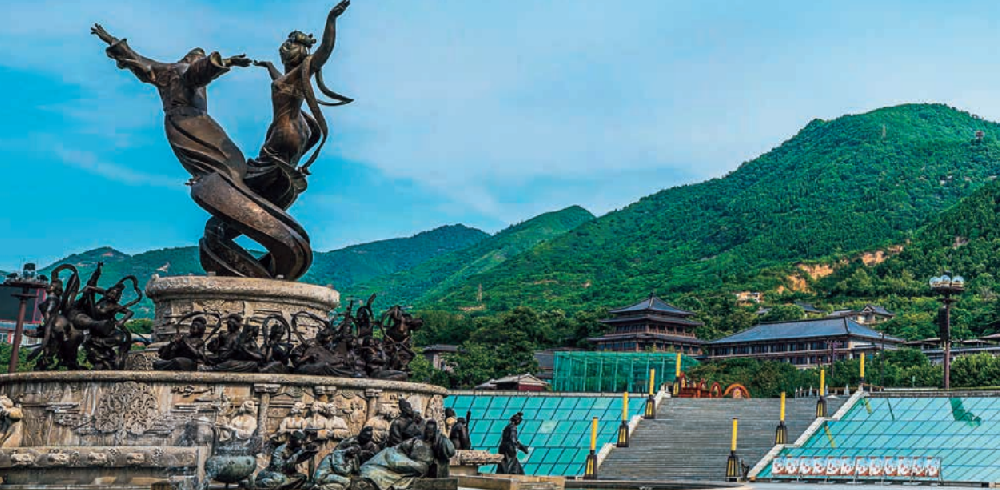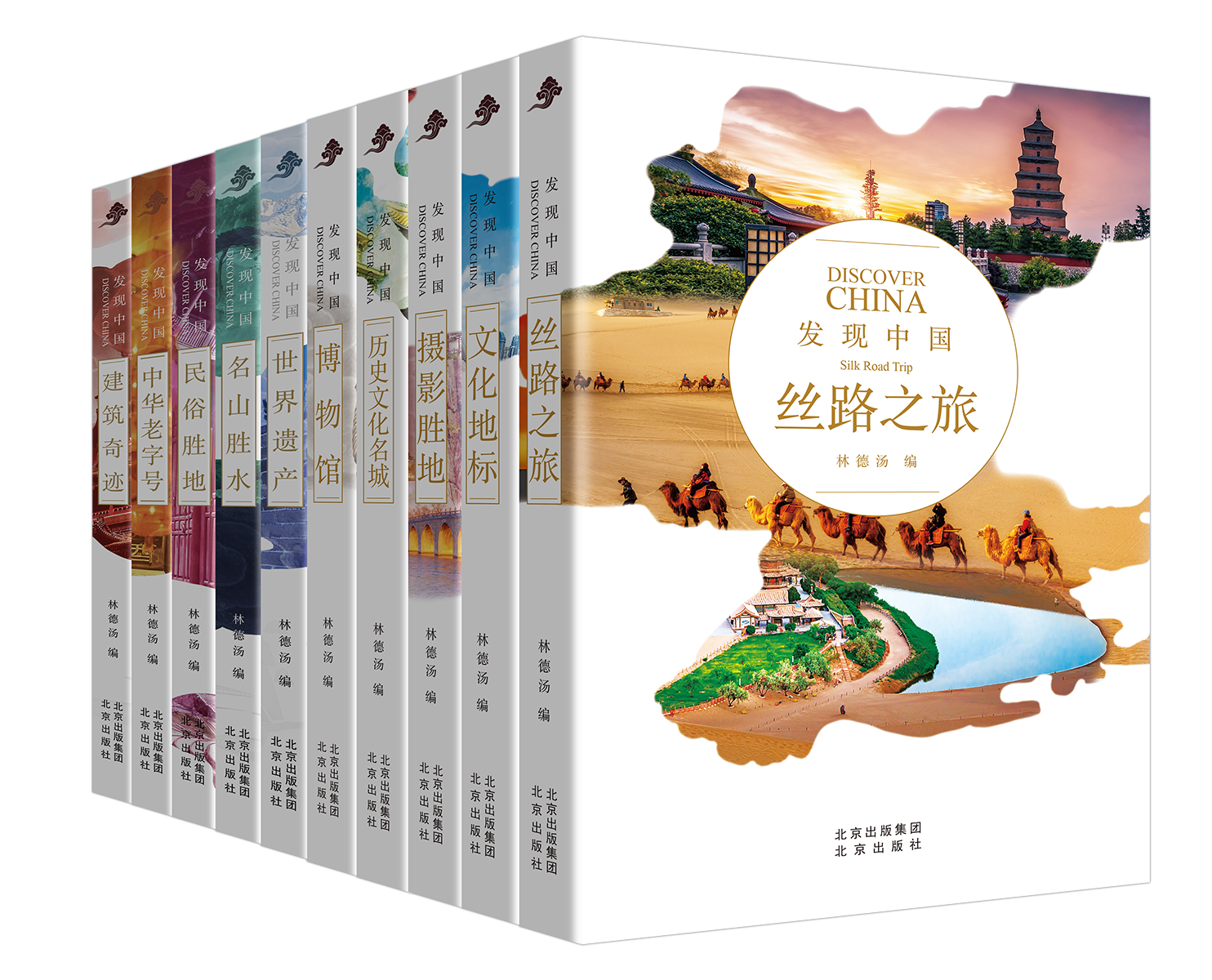Huaqing Palace

Huaqing Palace nestles snugly at the foot of Mount Lishan, with its back against the mountain and facing the Weihe River. It spans an area of approximately 85,000 square meters. Originally named Tangquan Palace, it was later renamed Wenquan Palace. During the Tang Dynasty, the emperors constructed imperial palaces and gardens here. In the sixth year of the Tianbao era of the Tang Dynasty, Emperor Xuanzong ordered the expansion of Wenquan Palace and gave it the new name Huaqing Palace. Huaqing Palace is renowned as one of the four famous royal gardens in China, alongside Summer Palace, Old Summer Palace and Chengde Mountain Resort.
Within the scenic spot of Huaqing Palace, visitors have the opportunity to explore various cultural sites. Additionally, the dance drama “Chang Hen Ge” (Chinese: 长恨歌; literally ‘Song of Everlasting Regret’) is performed here, depicting the love story between Emperor Xuanzong and Yang Guifei (the beloved consort of Emperor Xuanzong). This dance drama is based on the narrative long poem “Chang Hen Ge” by Bai Juyi ( a well-known poet in the Tang dynasty) and incorporates stage elements like pavilions, platforms and verandas. It also utilizes advanced technology to portray magnificent scenes of forests, waterfalls, fiery seas and enchanting fairy palaces, immersing the audience in the prosperous Tang Dynasty. Since its premiere in 2007, the dance drama has captivated over 4 million viewers, establishing itself as a significant cultural tourism attraction in Shaanxi.

Based on the Discover China series published by Beijing Publishing Group and Beijing Publishing House, this column integrates Chinese history, customs, traditional culture and artistic treasures to introduce China's ancient capitals, cultural landmarks, humanistic and natural wonders.
The editor of the Discover China series, Lin Detang, is the president of the Beijing Tourism Derivatives Association and a visiting professor at the School of Hotel Management of the China University of Labour Relations. Mr Lin has long been committed to theoretical research and entrepreneurial promotion of the integrated development of the cultural tourism industry.